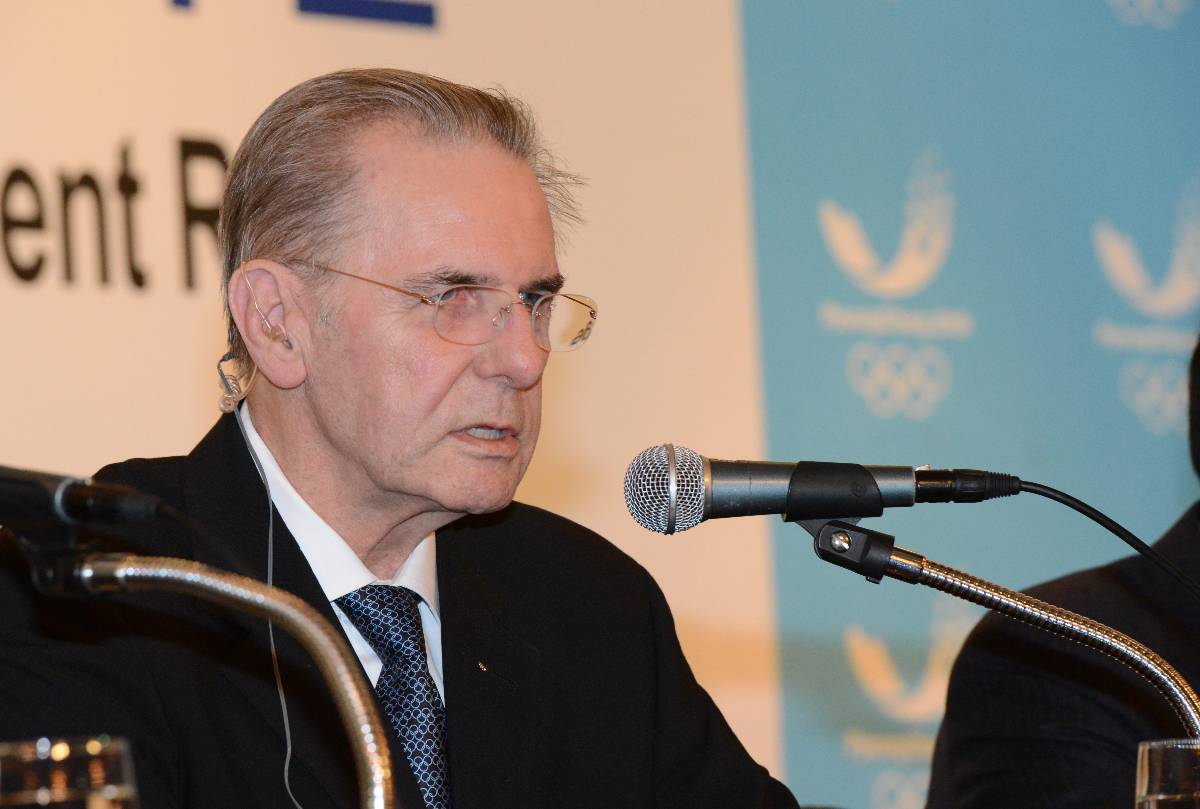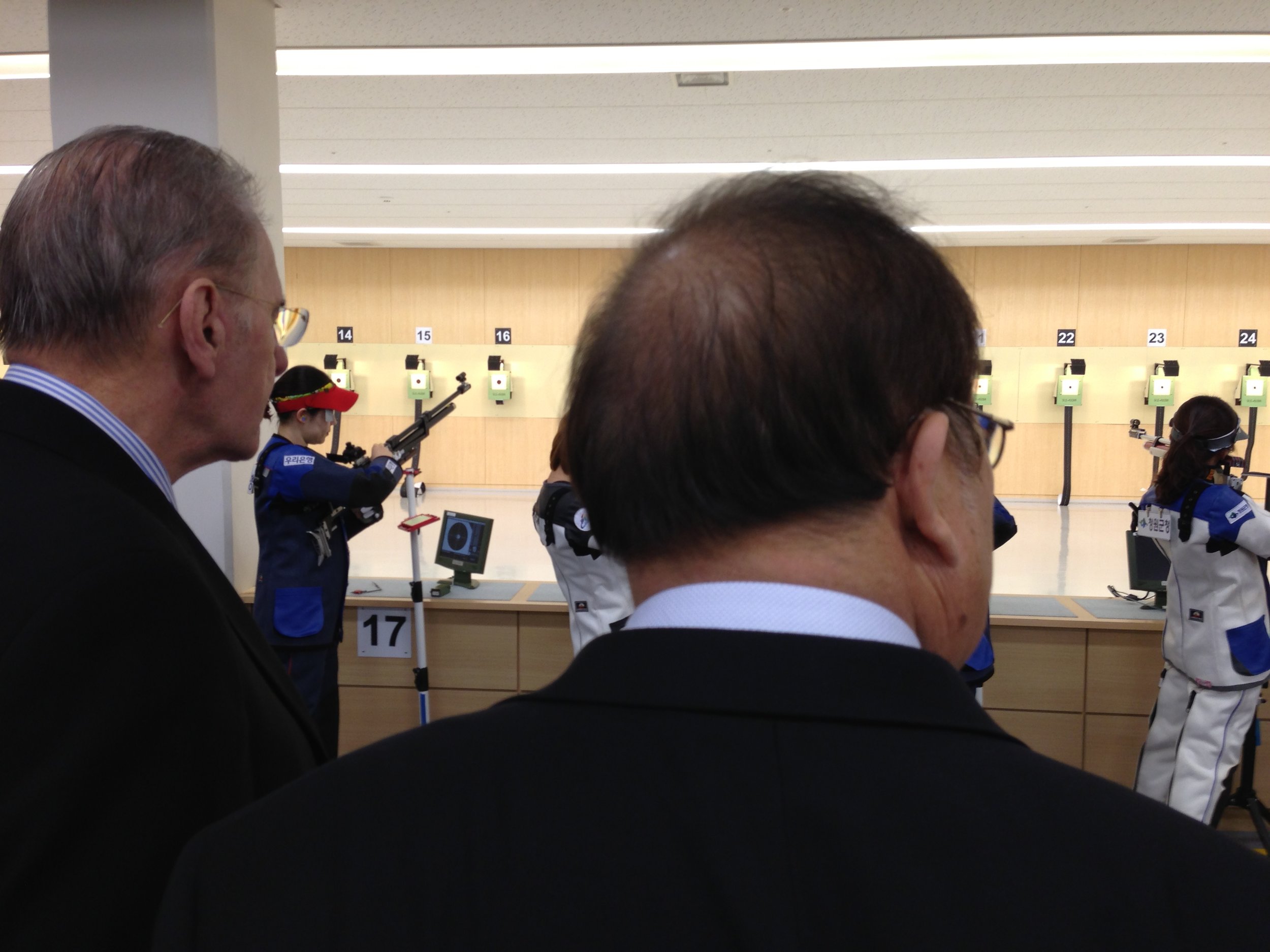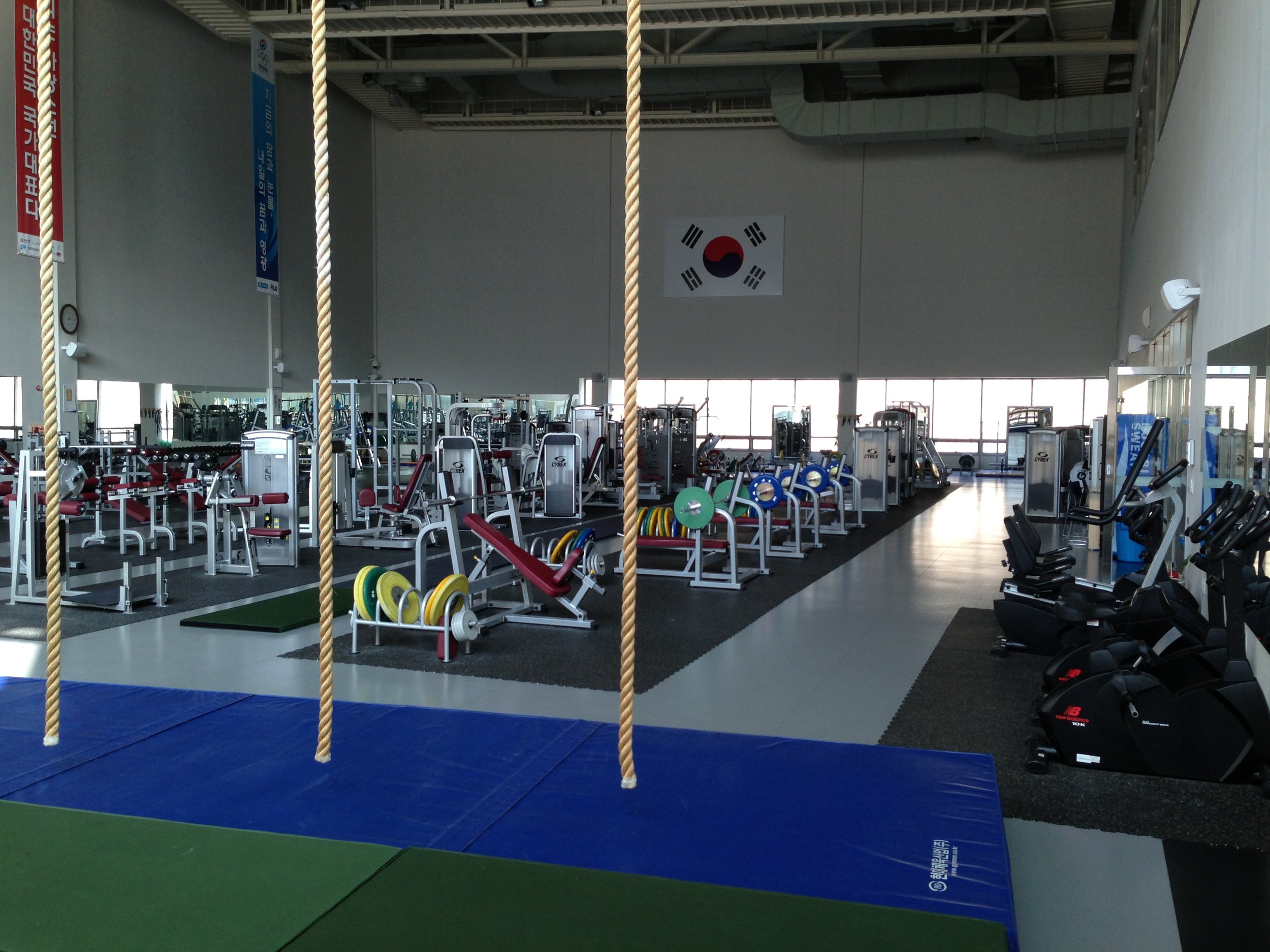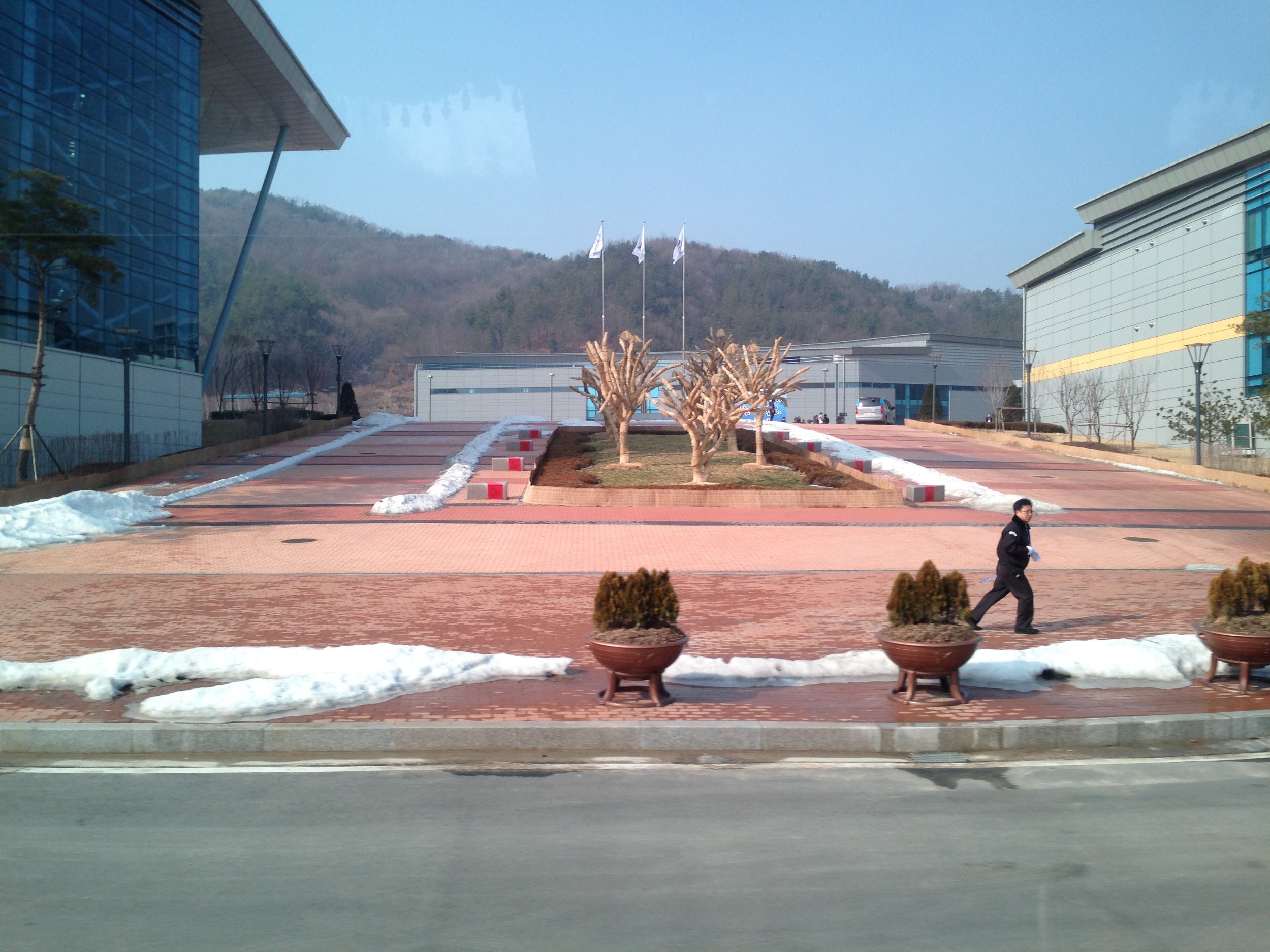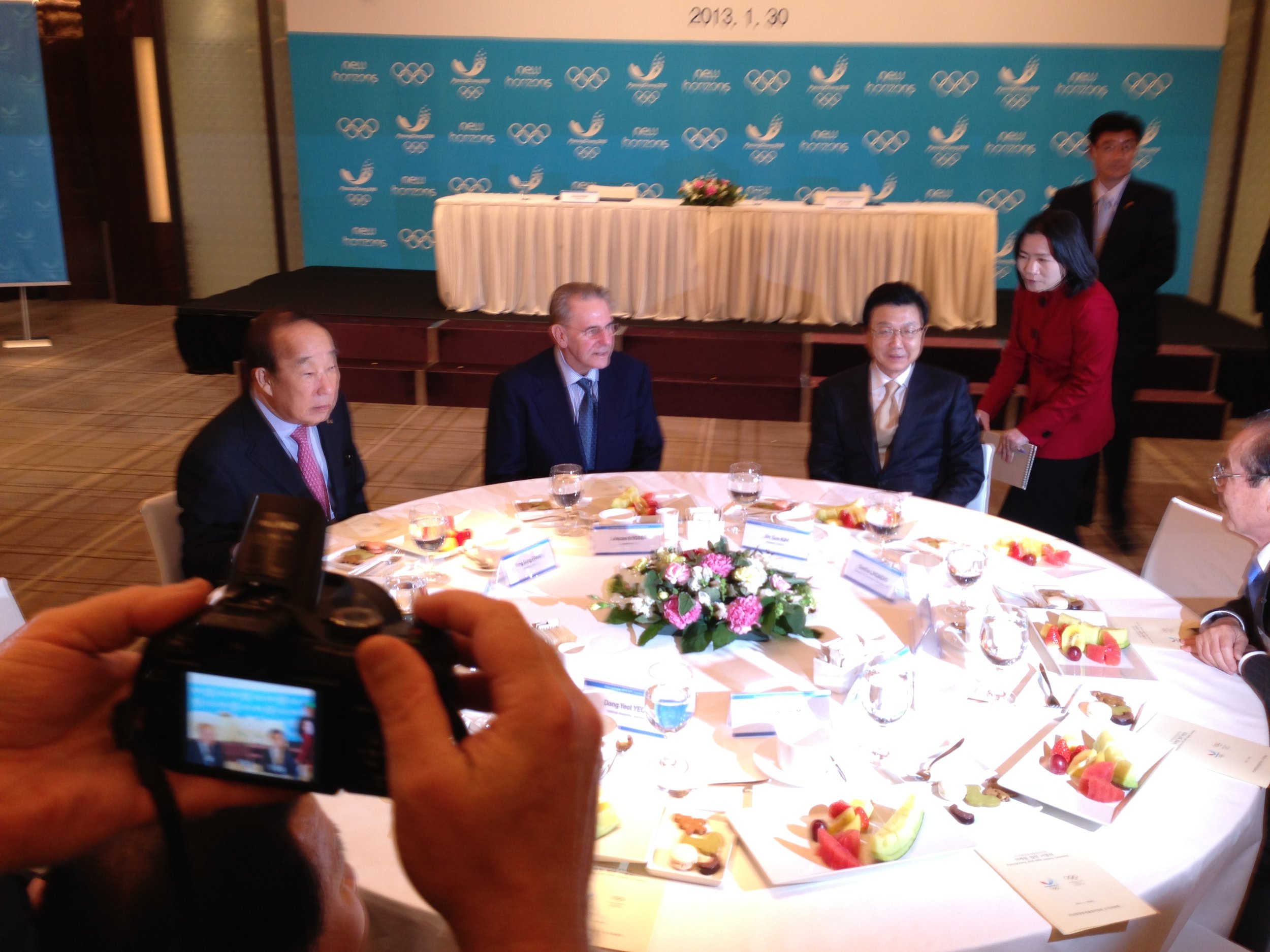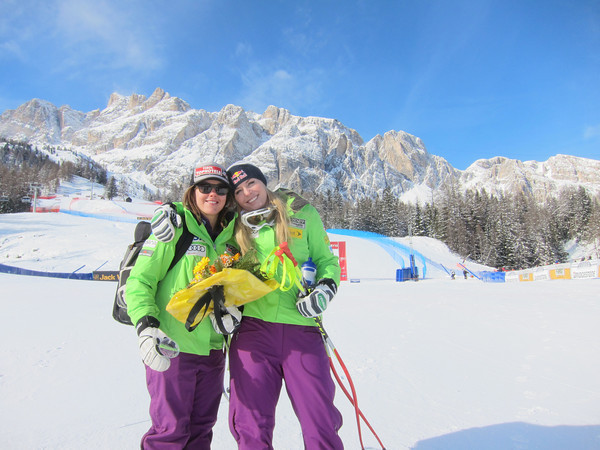As Lance Armstrong's interview with Oprah Winfrey nears, the World Anti-Doping Agency has made clear he must confess under oath to seek a reduction in the life ban announced in October for doping.
Armstrong has testified under oath before. It may now shed light on his demeanor as well as his credibility to revisit comments he made under oath in 2006 in connection with a contentious contract dispute.
Like many if not most commercial arbitrations, the proceedings were held in confidence. Over the years, Armstrong's remarks nonetheless have made their way to the public record. That said, his testimony has perhaps not been extensively excerpted.
A Dallas company, SCA Promotions, Inc., had offered to pay Armstrong a bonus if he won the 2004 Tour de France. He did. The firm then resisted making the payment after allegations of doping surfaced. The matter proceeded to arbitration.
Under oath, Armstrong testified Jan. 12, 2006, in Dallas, before a three-person panel.
The case would be settled before the panel took action, SCA agreeing to pay the $5 million fee, plus interest and attorney costs, a total of $7.5 million.
In the aftermath of the U.S. Anti-Doping Agency report issued last October that said Armstrong doped to win the Tour de France titles from 1999 to 2005, SCA has made plain it wants its money back.
Armstrong was represented in the SCA matter by his longtime attorney, Tim Herman of Austin, Texas. SCA was represented by Jeffrey Tillotson, a Dallas lawyer.
Here are excerpts from Armstrong's Jan. 12, 2006, sworn testimony.
For context or comparison, some excerpts also contain information from the October USADA report.
--
Volume 7, p. 1346
Herman: Well, you've talked about professional cycling and, frankly -- I mean, not just in here but in the press, I mean, you've been called brash, you've been called direct, you've been called, you know, heartless, et cetera. Tell us -- how do you feel about those characterizations of your personality?
Armstrong: You know, we were competitive. We had one goal and one ambition and that was to win the greatest bike race in the world and not just win it once, but to keep winning it. And I suppose we could have been viewed as ruthless and evil and mean and cheaters and crooks and thieves and frauds, but we were not particularly remorseful to the people that came across us. We had this goal, this ambition, and we were asked to do that by our fans and by ourselves and by our sponsors and to perform and do our job.
--
p. 1355-56
Herman: In 1995, during the season, did you engage in any -- well, let me just ask you this, first of all, have you ever engaged in any performance enhancing, any prohibited substance?
Armstrong: No, never.
Herman: Ever?
Armstrong: Ever.
Herman: It's been suggested that individually certain members of the Motorola team began such a program in 1995.
Armstrong: Uh-huh.
Herman: Do you have any knowledge of that at all?
Armstrong: Well, only based on what I've heard through -- through situations like this or cases like this. You know, if you say individually, you know, I don't know if somebody individually beats their wife. I don't know if somebody individually takes EPO. I don't know. I can speak for myself and tell you that that never -- on both counts. I would never beat my wife and I never took performance-enhancing drugs. But what riders do at home and in the privacy and comfort of their own home I can't comment on.
--
[Betsy Andreu, the wife of Frankie Andreu, an Armstrong teammate, testified that during an Indianapolis hospital visit in October, 1996, she heard Armstrong tell a doctor he took various banned drugs, including EPO]
p. 1366-67
Armstrong: We were in the room. I don't recall anybody coming in to take medical records, nor do I understand -- a couple of things, why they would have come in three days after brain surgery when they clearly would have taken medical records before, why they would have come in and asked those questions in front of your friends, specifically your mother, during a Cowboys game, and why I would have answered I've taken this, this, this and this when I've never taken performance-enhancing drugs. So when I put those together, I try to understand why that happened and I don't understand that.
--
USADA p. 31-2: On the first day of the [1999] Tour Lance seized the yellow jersey by winning the prologue. A few days later the USPS team was notified that Armstrong had had a corticosteroid positive. According to those who were there, Armstrong did not have a medical authorization at the time to use cortisone and the positive drug test set off a scramble.
… Emma O'Reilly was in the room giving Armstrong a massage when Armstrong and team officials fabricated a story to cover the positive test. Armstrong and the team officials agreed to have Dr. Del Moral backdate a prescription for cortisone cream for Armstrong which they would claim had been prescribed in advance of the Tour to treat a saddle sore. O'Reilly understood from Armstrong, however, that the positive test had not come from a topical cream but had really come about from a cortisone injection Armstrong received around the time of the Route du Sud a few weeks earlier.
p. 1369-70
Herman: It's been suggested that -- that you had a positive drug test for cortisone during the 1999 Tour de France. Explain to the panel what really happened.
Armstrong: Well, what really happened is what the test indicates is that I was given a topical cream for what we call a saddle sore, which is a -- I don't know how to describe a saddle sore, but it's common in cycling, if you sit on a bike all day long. A topical cream to alleviate that, to take the pain away, make it go away, and there were traces of cortisone found in the urine. Had that been a -- used for performance enhancing ways or means, you would have seen that in the test, but the test completely indicated topical cream.
Herman: And did the traces that showed up -- did they meet the threshold for a positive test in any event?
Armstrong: No.
Herman: It's been suggested by some that you scurried around and got a post-dated or predated prescription for your tropical cream; is that true?
Armstrong: Not -- no, not true.
--
p. 1377-78
[on the 2000 Tour de France]
Armstrong: … [B]asically, the entire [French law enforcement] investigation centered in and around the drug called Activogen [sic], which was carried for one of our staff members for whatever reason he needed it.
… Activogen, of course, was approved to bring into the country. That's the reason it was there for the staff member. They refused to acknowledge that. It didn't matter that their minister of health had stamped that approval. But this was a mysterious thing for them. They thought that this was some nefarious EPO substitute.
And that was the case …
USADA p. 43-45
Writing about the French investigation and the substance Actovegin on his website, Armstrong said:
'I will say that the substance on people's minds, Activ-o-something … is new to me. Before this ordeal I had never heard of it nor had my teammates.
… Actovegin was, in fact, and contrary to Armstrong's and the team's statements, regularly used by the riders on the team and was regularly administered by the team medical staff specifically because it was believed by the team medical staff that Actovegin would enhance a rider's athletic performance. Thus, it is apparent that Mr. Armstrong and the team intentionally issued false and misleading statements regarding the use to which Actovegin was put on the U.S. Postal Service team.
… In other words, if Lance Armstrong was willing to lie about Actovegin -- and he clearly did lie about Actovegin -- there is little reason to believe that Armstrong would not be willing to lie about other products and with regard to other topics.
--
[referring to a falling out in 2001 with three-time Tour de France champion Greg Lemond]
p. 1394
Herman: Did you, during that conversation, which I understand was as a result of being sad, as you put it, about those criticisms from Mr. Lemond, did you during that conversation admit to Mr. Lemond that you had engaged in some prohibitive [sic] conduct or had taken some prohibitive substance?
Armstrong: Of course not. No, I didn't. As I've said, I would not admit to a doctor or a friend or Greg Lemond that I had taken a substance when I have never taken them, nor would I call him to say why did you say that about me, oh, by the way I'm going to admit that to you. That would be in the ridiculous category, too. I called simply just to get an understanding for whether or not he did or didn't say that and it turned into really a nightmare of a conversation.
--
p. 1396-98
Herman: How -- how do you view your role now --
Armstrong: Uh-huh.
Herman: -- with respect to the work of your foundation and your involvement --
Armstrong: Uh-huh.
Herman: -- with either cancer victims or survivors or families?
Armstrong: Survivors. For me now that's my new peak. I mean, that's the thing where I need to be making the best use of my time and that's the place where I firmly believe that I can make a difference for the rest of time. You know, we are faced with -- not to get up here and preach, but since you asked, we're faced with a real dilemma here and a real predicament in that we are soon going to have the number one killer in America on our hands and the funds are decreasing as rapidly as the illness is increasing. And it's now my job, honestly, to change that.
And not just on a small level. We can do rides in Austin, we can do the Tour of Hope, but those raise millions of dollars. I'm talking about raising billions of dollars and the budget of the NCI is $4 billion and increasing. Iraq cost us five or 600 billion. It's time for this country to step up and realize that this is a serious killer and recommit ourselves. Not to get on my soapbox, but that's a priority for me and I want to make a difference there. We have seen people use their careers for -- success in their careers for the good of mankind and they can leverage that sometimes and I hope to do that. That's why this stuff is so unfortunate.
Herman: This stuff --
Armstrong: This stuff.
Herman: -- being?
Armstrong: This room. This stuff that we have to listen to, the stuff that the panel us going to have to listen to. It's not true, it's not fair, it's not morally responsible, and it would ultimately -- you know, if this courtroom was on CSPAN or was on CNN or Court TV it would have a drastic effect on what I'm trying to do off the bike. And, of course, this is not -- that's not the case fortunately, but I'm personally offended by that. And I think we all would be if you were in my shoes or my position because, as I said we have a lot of choices to make every day in how to use our time and this isn't my idea of a good time. I race the bike straight up fair and square. Yeah, there are questions, good performance is a question. But this stuff we are going to see in here it goes beyond.
--
p. 1402-03
Herman: If someone -- there was a suggestion that you had made a -- a contribution to the UCI or the International Cycling Federation -- or Union?
Armstrong: Union.
Herman: Why did you do that and was there -- did you receive any preferential treatment as a result?
Armstrong: Well, I never received preferential treatment. The UCI is not a cash rich organization, they struggle on an annual basis with budgets and boards and directors and just getting by like a lot of companies and organizations and governing bodies. So, yeah, I made a contribution there to help them fund and fight the war against drugs or doping.
Of course, that's been viewed as Al Capone buying police cars for the Chicago police department, too, but it's not that. It's not -- there's other things that are right in line with that.
Herman: Is there anything improper at all about making a contribution to help fund an anti-doping program?
Armstrong: I would hope not. In -- in fact, I encouraged other athletes to do the same and I don't think anybody else did.
--
p. 1403-04
Herman: All right. Let me -- let me change topics with you. Dr. Ferrari's name has been thrown around here and, you know, without engaging in hyperbole, I think the suggestion has been that Dr. Ferrari is a -- is a doping doctor and that anyone who deals with Dr. Ferrari is a doper. You've heard that before?
Armstrong: I've heard that.
… Of course, he came here as in Europe with a bit of a dodgy reputation. All we can do is evaluate that by what we know and what we see and what we are told. We never had any reason to believe that this guy is dirty. In fact, we had reason to believe the opposite.
--
p. 1411
Herman: But I guess the fundamental question is, did Dr. Ferrari ever prescribe, administer or suggest any kind of a drug or doping program for you?
Armstrong: He did not.
USADA p. 47: … The evidence is overwhelming that from 1999 through 2005 Michele Ferrari played a major role with the U.S. Postal Service/Discovery Channel team and in Lance Armstrong's doping program.
--
p. 1414-15
Herman: There has been a suggestion that a research project undertaken by someone in Europe in 2005 revealed the presence of exogenous EPO in urine samples that had been frozen since 1999.
Armstrong: Well, when I gave the sample, there was no EPO in the urine … I'll go to my grave knowing that when I urinated in the bottle, it was clean.
USADA p. 33: For the first two weeks of the [1999] Tour, Armstrong, [Tyler] Hamilton and [Kevin] Livingston "used EPO every third or fourth day." The EPO was already loaded in syringes upon delivery and the riders "would inject quickly and then put the syringes in a bag or Coke can and Dr. del Moral would get the syringe out of the camper as quickly as possible."
--
under cross-examination
[referring to an exhibit, an April 2001 Armstrong statement]
p. 1418-19
Tillotson: I'm sorry. Let me direct your attention to the fourth paragraph down, Mr. Armstrong. Last sentence of that paragraph. You say, I welcome the continued testing so there will be no doubt that neither I nor any member of my team did or took anything illegal, right?
Armstrong: Yes.
Tillotson: And to say such a statement you have to have some confidence that your team members are not using performance-enhancing drugs, correct?
Armstrong: That's why we turned over the samples.
--
p. 1420-22
[referring to a statement on The Paceline, a team website]
Tillotson: Okay. And you said in this statement that I showed one thing clear, I believe in clean and fair competition and, as I said before, I do not use and have never used performance-enhancing drugs. Do you see that?
Armstrong: I see that.
Tillotson: And that kind of statement has been made by you throughout the course of your career from 1999 through January of 2005, fair?
Armstrong: Correct.
Tillotson: … And it's not just in response to a particular allegation I mean, when you write things like in your book, It's Not About the Bike, you certainly say in your book that you had never used performance-enhancing drugs, correct?
Armstrong: Right.
Tillotson: And that wasn't really in response to any particular charge, it was a statement about yourself in this book?
Armstrong: The book -- the book was written and authored just after the first Tour and there was a lot of talk not just in France, but all over the world about the drugs, about what happened in '98, about their disbelief and what could happen in '99. So, you know, I think that's in response, too.
Tillotson: So that the public will know your side of the story regarding some of these charges and allegations?
Armstrong: Yes.
Tillotson: Fair?
Armstrong: We always like the public to know our side of the story, all of us do.
--
p. 1425
Tillotson: And one of the reasons it's true, is it not, that your sponsors don't call you and ask these kinds of questions is because you've made your position regarding the non-use of drugs perfectly clear in the media?
Armstrong: I've -- I've made what I know to be the truth to be perfectly clear to the media.
--
[on the incident in October, 1996, in the Indianapolis hospital]
p. 1447
Tillotson: Now, I believe you said in your deposition and -- I asked you then and I'll ask it here in these proceedings, why Betsy Andreu would lie about a serious thing as your supposed admission of performance-enhancing drugs, and I believe your response was that she doesn't like you. Is that fair?
Armstrong: Well, I think my response was and that was at the deposition she looked me right in eye [sic] and she said, oh, no, I hate him, which is -- is a little different than I just don't like him.
Tillotson: It was --
Armstrong: It was venomous.
Tillotson: All right. Venomous, okay.
It is your testimony, then that she -- she's making the story up and she must be doing it out of dislike, hate, venom for you?
Armstrong: That's right, yes.
Tillotson: And her husband, of course, has corroborated the story?
Armstrong: I understand that.
Tillotson: And he doesn't hate you, does he?
Armstrong: I don't know. I don't think so. He -- there's something there with his -- as I told you -- and I love how you isolated that in the pre-hearing brief -- to protect his old lady, but there's something there with that relationship that I'm not real clear on.
Tillotson: Well, I think you told me in your deposition that you didn't really know Betsy that well?
Armstrong: Well, I learned early on that I didn't want to get to know her very well.
--
p. 1474-75
Tillotson: Okay. Now, Mr. Andreu testified in his deposition that at one point you showed him some pills that you took during a race and talked about when you would take them. Have you seen that testimony?
Armstrong: I have not seen it, but I heard about it.
Tillotson: You were asked in your deposition by Mr. Herman and I don't think we heard an explanation for what those pills were. Do you know what those pills were?
Armstrong: Did we cover that? I think we did go back and cover it, but, I have to confess, I'm -- if you want a confession, I'm a bit of a coffee fiend. That's the extent of my performance-enhancing drugs.
Tillotson: Is it your testimony that those pills were caffeine pills?
Armstrong: That's my testimony. And I --
Tillotson: You would have taken several caffeine pills during intervals of a race?
Armstrong: Yeah, which are, to the panel, not banned -- well, they are banned to a certain degree, but I would -- I certainly would never approach that level.
--
[Canadian lawyer Dick Pound was at the time the head of the World Anti-Doping Agency]
p. 1480
Tillotson: You've had some rocky relations with WADA, have you not, with Mr. Pound?
Armstrong: No. I've asked Mr. Pound to be fair and open and honest and somewhat respectful of what cycling has done over the years. I think -- I mean, I'm sure we will see the testimony, cycling has done more than any endurance sport to fight doping. I've -- that's what I've asked Dick to do is just acknowledge that there could be a problem. Let's get the cheaters, punish them hard. But you have to recognize that no sport has done what cycling has done.
--
p. 1483
Armstrong: … And they've been coming for years -- man, they've been coming for years after me. And this may be -- they may say oh, we got it. They didn't.
--
re-direct examination
p. 1491
Herman: Did you -- have you ever, Mr. Armstrong, ever wavered in your unqualified support for stringent drug testing and penalties?
Armstrong: Never.



